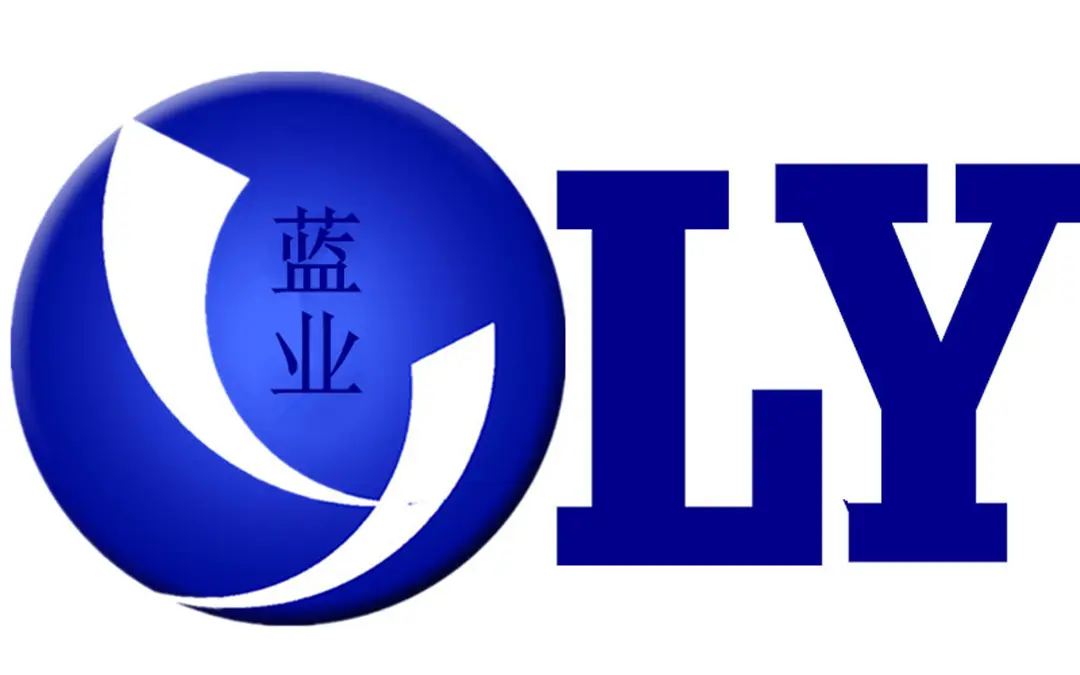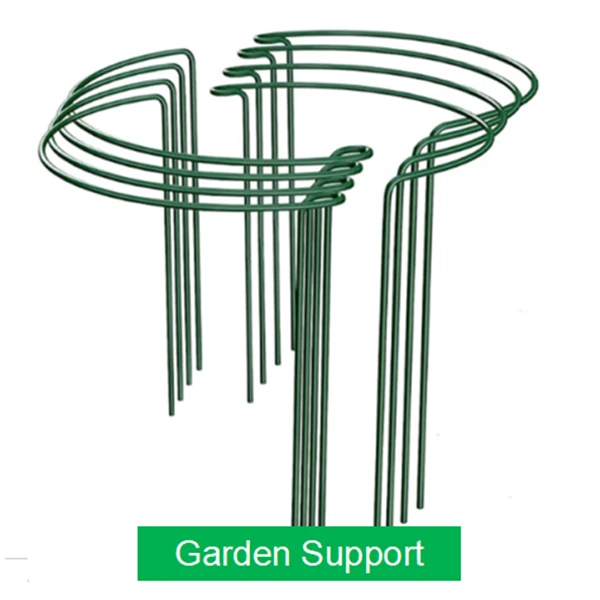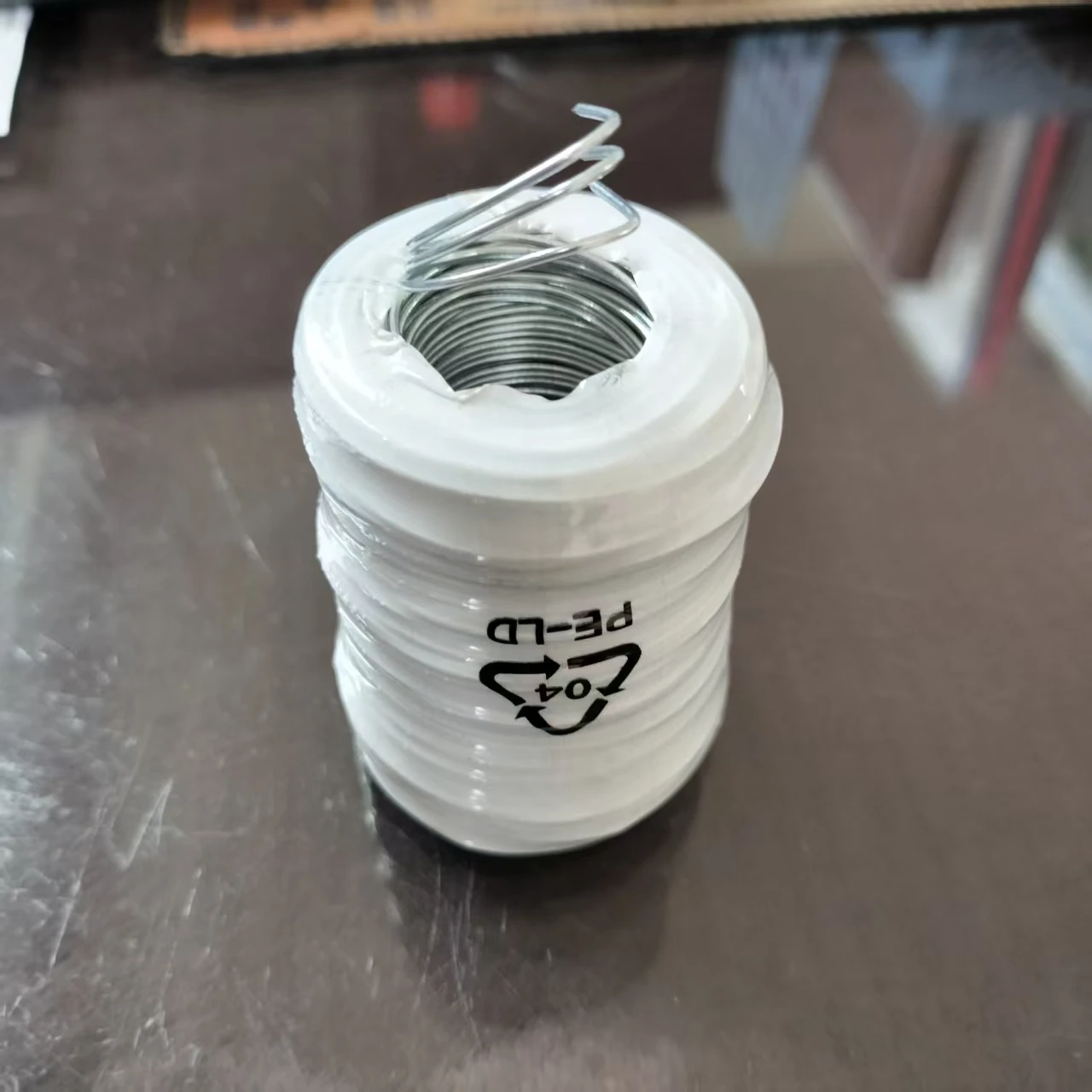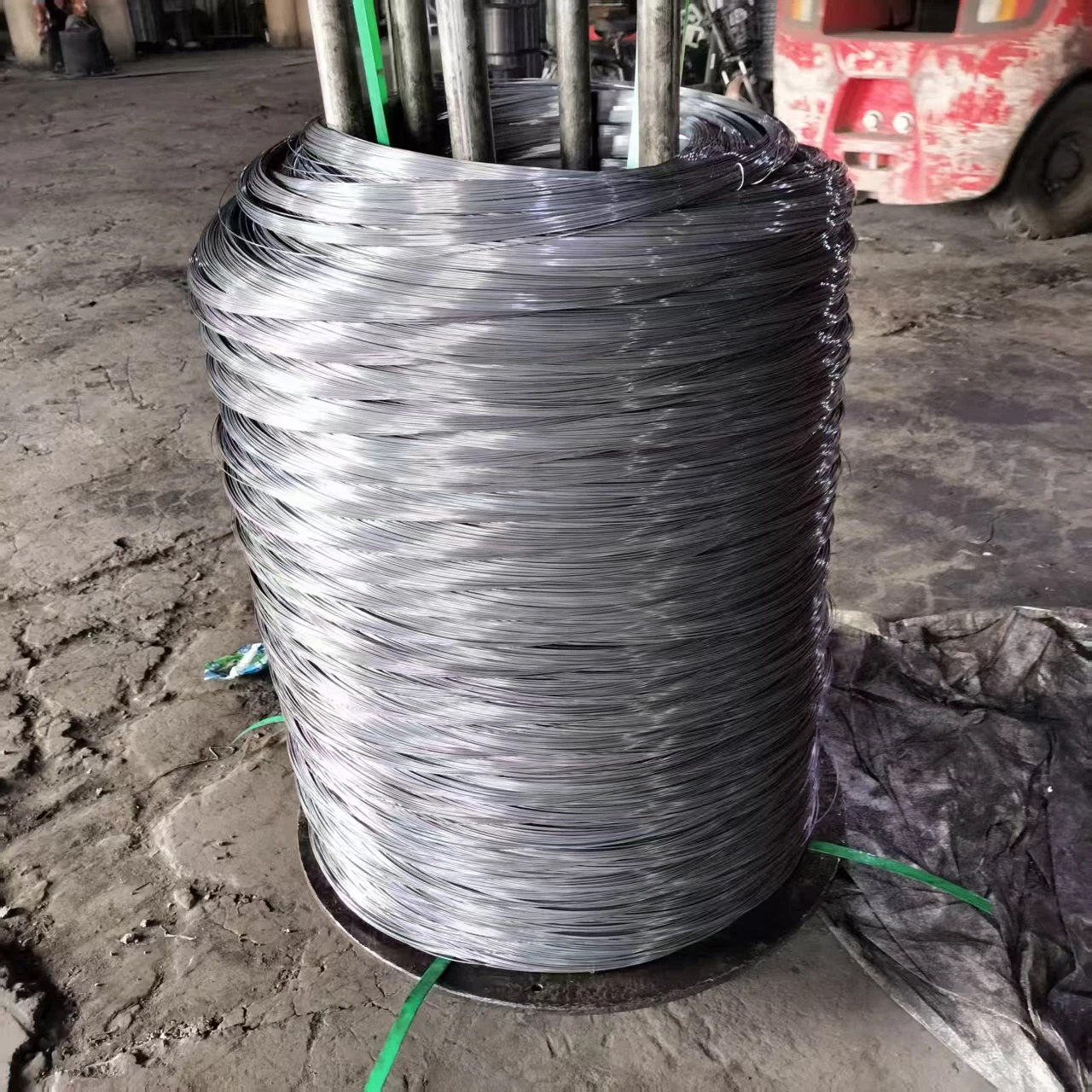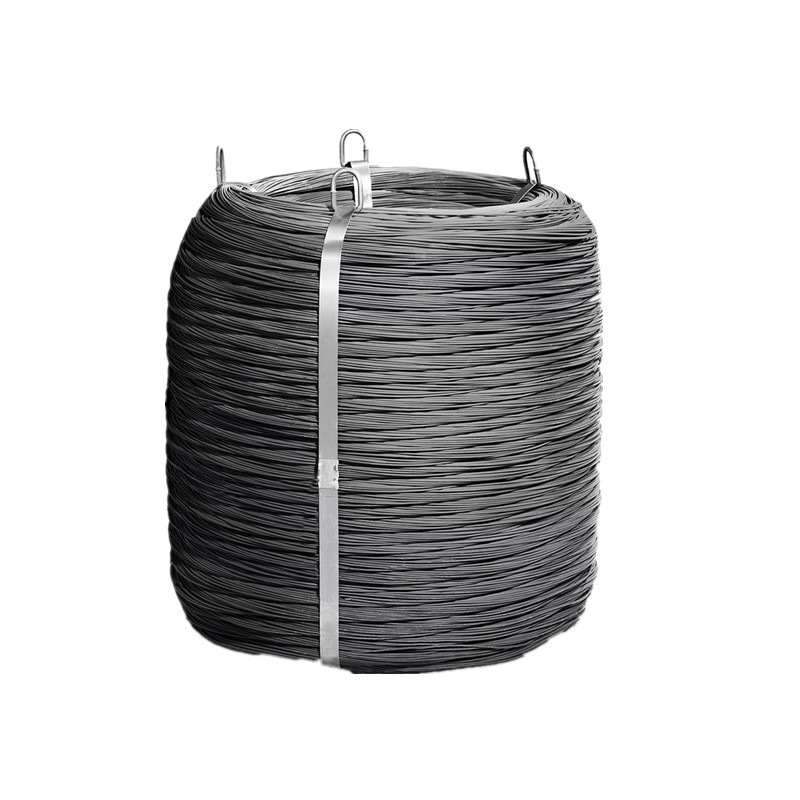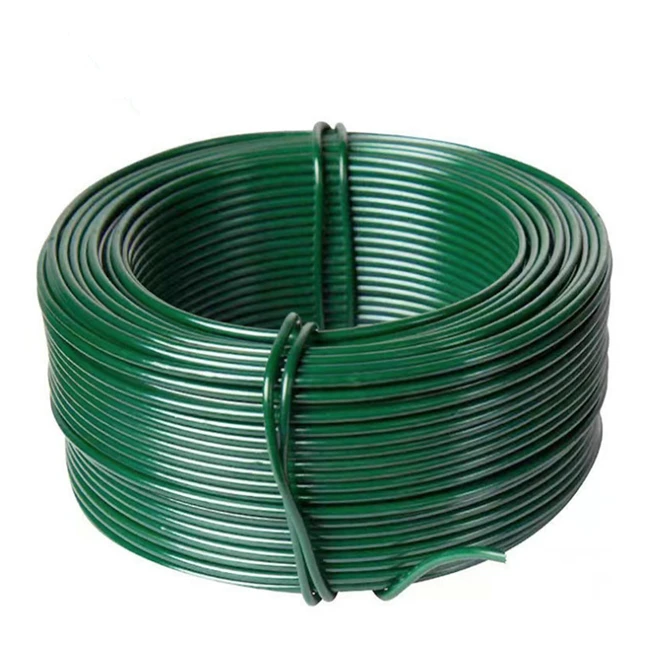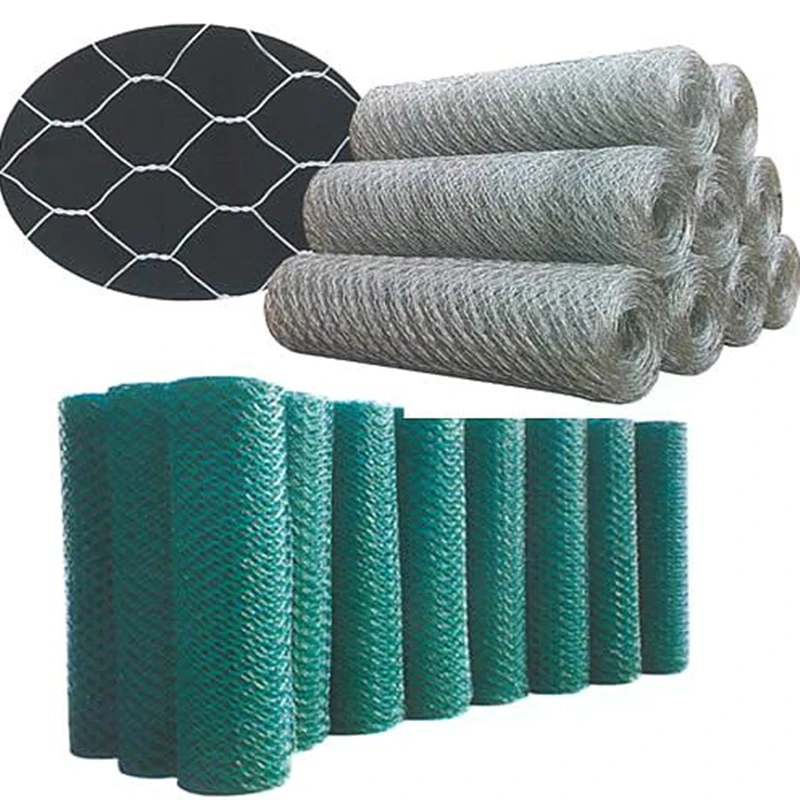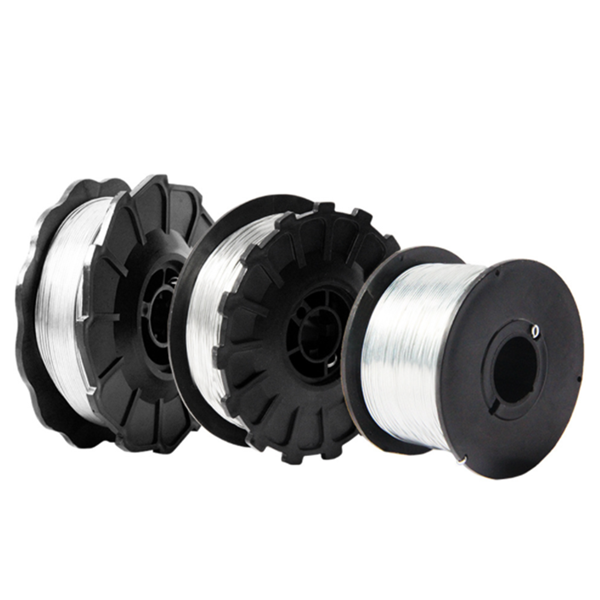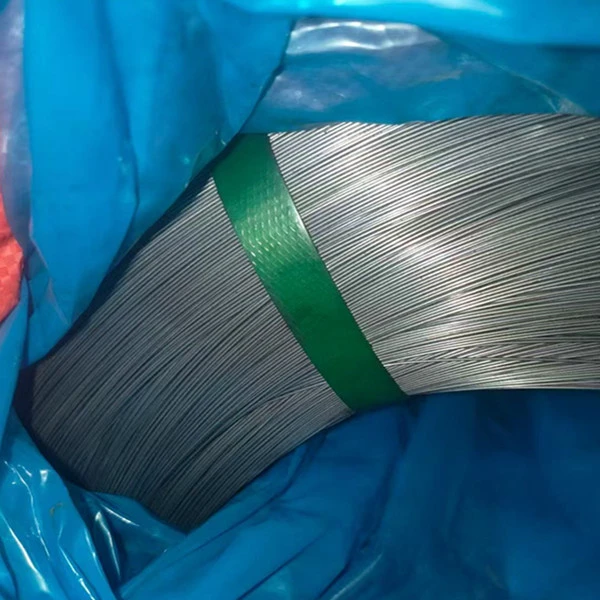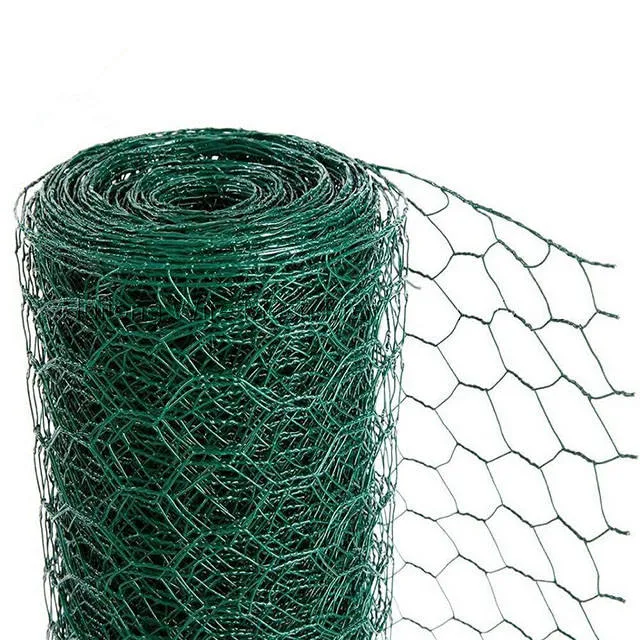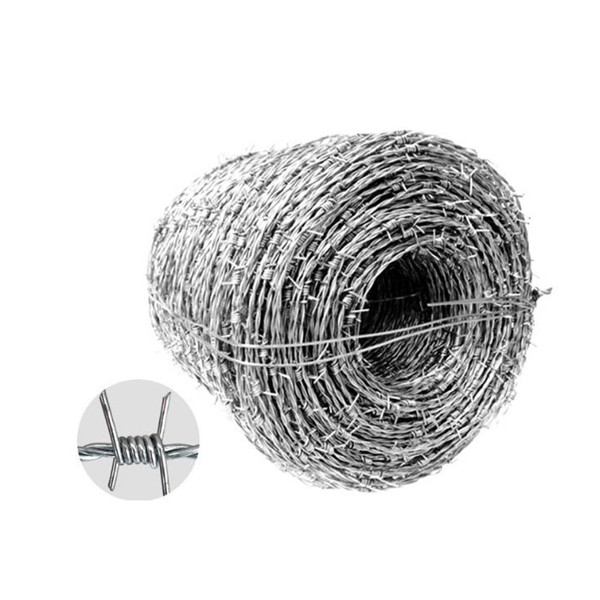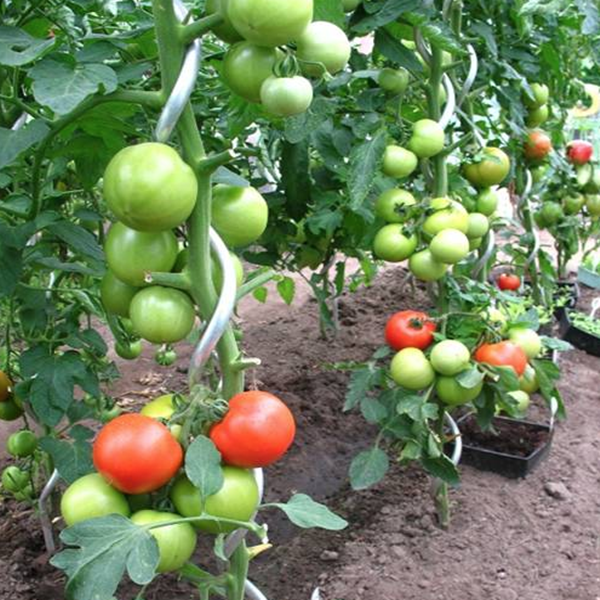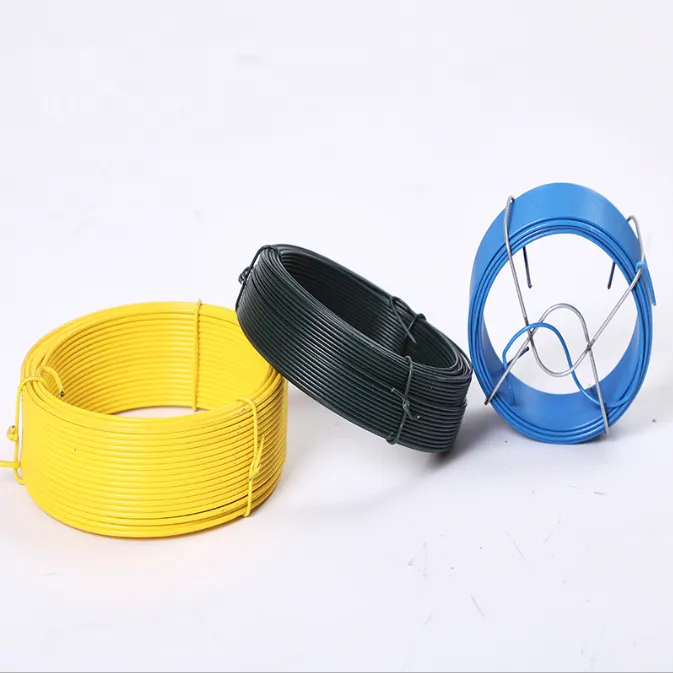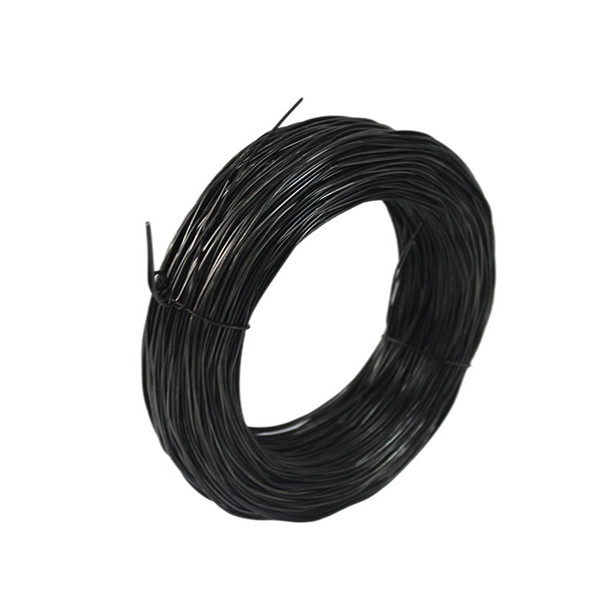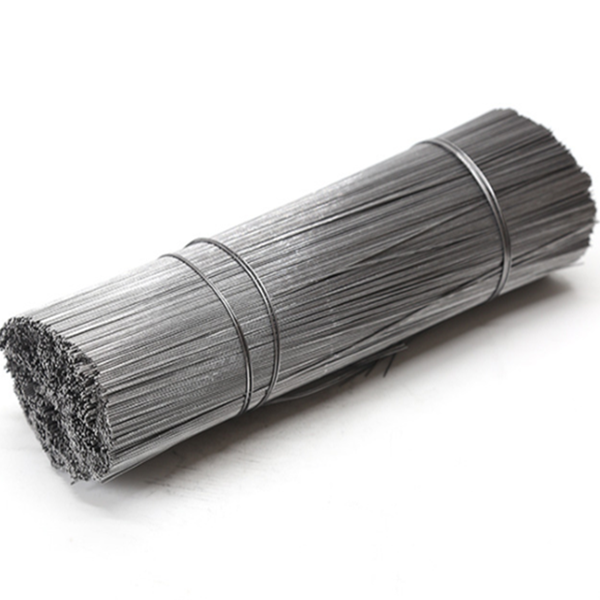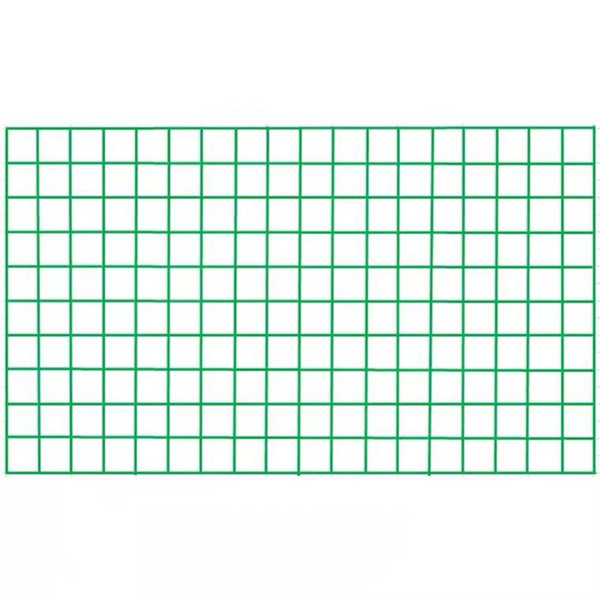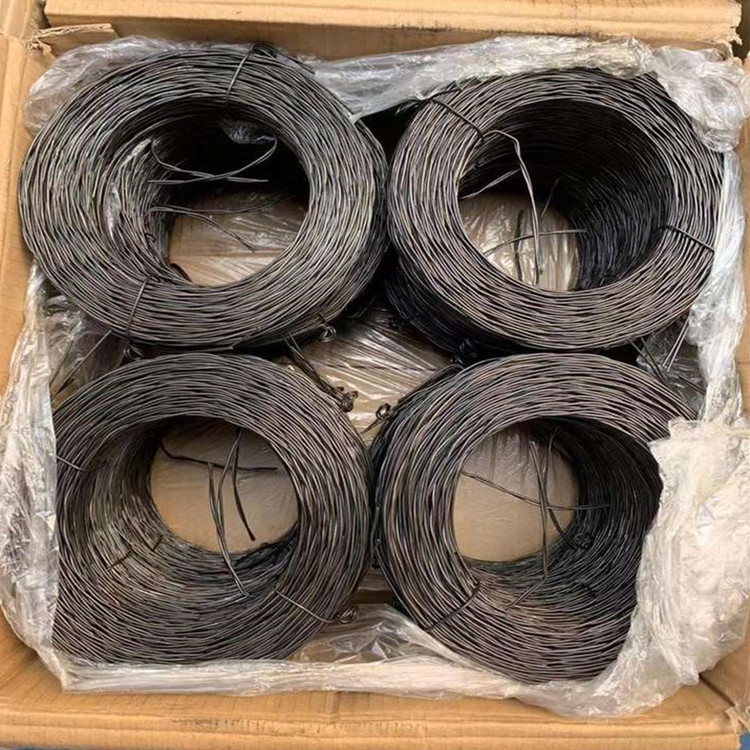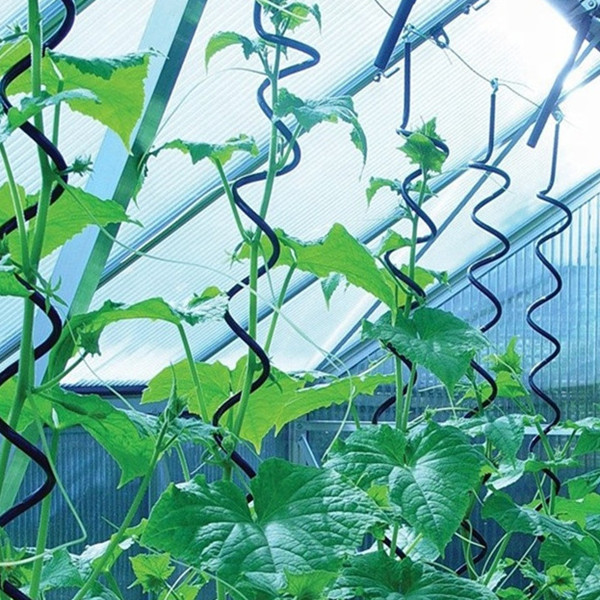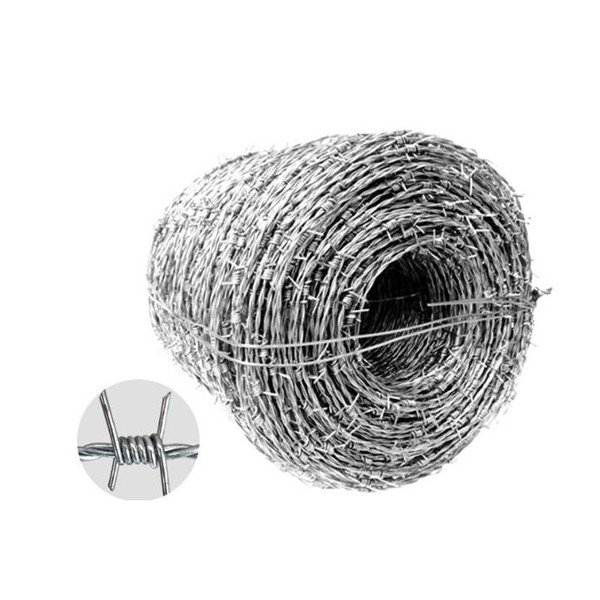In urban agriculture, home gardening, and commercial vertical farming—where space optimization and crop stability are critical—hexagonal wire netting, hexagonal wire mesh, and hex netting serve as essential support systems for climbing vegetables (e.g., tomatoes, cucumbers, beans) and vining plants. Dingzhou Lanye Metal Products Co., Ltd., a professional manufacturer of metal mesh products, produces high-quality hexagonal wire netting with diverse material options (galvanized wire, stainless steel wire, PVC coated wire) and customizable specifications, perfectly suited for the unique needs of vertical vegetable gardens.

Hexagonal Wire Netting Specifications Table
|
Aspect |
Details |
|
Material Options |
Galvanized wire (cost-effective, rust-resistant for general use), stainless steel wire (high corrosion resistance for humid environments), PVC coated wire (colorful, non-toxic, ideal for home gardens). |
|
Weaving Methods |
Straight twist (simple structure, easy to install) and straight + reverse twist (enhanced stability, suitable for heavy crops like mature tomatoes); both methods ensure uniform hole distribution. |
|
Wire Diameter |
0.5 mm – 2.0 mm: 0.5-1.0 mm for lightweight crops (e.g., peas), 1.2-2.0 mm for heavy climbing vegetables (e.g., winter squash) to withstand greater weight. |
|
Hole Diameters |
5/8", 3/4", 1", 1-1/4", 1-1/2", 2": Smaller holes (5/8"-1") for delicate vines (e.g., beans), larger holes (1-1/4"-2") for thick-stemmed crops (e.g., cucumbers) to allow easy tendril attachment. |
|
Surface Treatment |
Galvanized (hot-dip or electro-galvanized, prevents rust in outdoor use) and PVC coated (available in green, black, or brown, blends with garden surroundings and adds extra rust protection). |
|
Origin & Logistics |
Place of Origin: Hebei, China; Port of Loading: Xingang, China—enabling efficient bulk shipping for wholesalers supplying commercial gardening projects or large-scale vertical farms. |
|
Application Suitability |
Ideal for vertical vegetable garden support systems, including trellises, wall-mounted frames, and freestanding cages; compatible with both indoor hydroponic setups and outdoor soil-based gardens. |
Advantages of Hexagonal Wire Netting for Vertical Vegetable Garden Support
- Hexagonal Wire Netting offers excellent load-bearing capacity while remaining lightweight, making it easy to install and suitable for various vertical garden structures. Unlike rigid metal frames, the hexagonal structure of the netting distributes the weight of climbing vegetables evenly across the surface—for example, a 1.5mm galvanized hexagonal wire netting with 1" holes can support up to 5kg of mature tomato plants per square meter without sagging. Dingzhou Lanye Metal Products Co., Ltd.’s hexagonal wire netting (using straight + reverse twist weaving) further enhances this stability, as the twisted wires create a stronger bond at each intersection, reducing the risk of hole deformation under heavy loads. For wholesalers, this advantage is key when supplying commercial vertical farms, where the netting must support large quantities of crops over extended growing seasons (3-6 months).
- Hexagonal Wire Netting provides flexible attachment points for vegetable tendrils, promoting healthy plant growth and maximizing space utilization. The hexagonal holes (especially 3/4"-1" sizes) allow tendrils to wrap around the wire easily—unlike square mesh, which can restrict tendril movement and cause breakage. In a vertical tomato garden, for instance, using Dingzhou Lanye Metal Products Co., Ltd.’s PVC coated hexagonal wire netting (green color to blend with foliage) allows tomato vines to climb naturally, increasing sunlight exposure by 30-40% compared to ground planting. This not only boosts crop yield (by 20-25% for most climbing vegetables) but also reduces pest infestations, as elevated plants are less accessible to soil-borne insects. Wholesalers can emphasize this growth-promoting feature to clients in urban areas, where space is limited and maximizing yield per square meter is a top priority.
Application of Hexagonal Wire Mesh in Different Vertical Garden Designs
- Hexagonal Wire Mesh is highly adaptable to various vertical garden designs, from wall-mounted trellises to freestanding cages, making it a versatile choice for both residential and commercial use. For wall-mounted vertical gardens (common in urban apartments or small yards), Dingzhou Lanye Metal Products Co., Ltd.’s thin-gauge hexagonal wire mesh (0.5-0.8mm galvanized wire, 5/8" holes) can be attached to wooden or metal frames, creating a space-saving support system for herbs (e.g., climbing rosemary) and small vegetables (e.g., snap peas). The lightweight mesh (weighing 0.3-0.5kg per square meter) is easy to transport and install, reducing labor costs for gardeners. For freestanding vertical gardens (used in commercial farms), the company’s heavy-gauge hexagonal wire mesh (1.5-2.0mm stainless steel wire, 1-1/2" holes) is ideal for large-scale structures—for example, a 2m tall × 10m long freestanding trellis using this mesh can support up to 100 cucumber plants, with the stainless steel material ensuring resistance to rain, humidity, and temperature fluctuations (ranging from -20℃ to 40℃).
- Hexagonal Wire Mesh is compatible with indoor vertical hydroponic systems, where corrosion resistance and hygiene are critical. Dingzhou Lanye Metal Products Co., Ltd.’s stainless steel hexagonal wire mesh (1.0-1.2mm diameter, 1" holes) is non-toxic, easy to clean, and resistant to water damage—perfect for hydroponic setups growing lettuce, strawberries, or climbing herbs. The mesh can be shaped into cylindrical or rectangular cages to support hydroponic vegetables, with the hexagonal structure preventing root tangling and ensuring even nutrient distribution. In a commercial hydroponic farm, using this hexagonal wire mesh reduces maintenance time, as the smooth stainless steel surface does not accumulate dirt or algae, and can be sanitized with mild detergents between growing cycles. Wholesalers supplying hydroponic equipment can highlight this compatibility, as indoor gardening is a fast-growing segment of the agriculture industry.
Hexagonal Wire Netting FAQS
Which material of Dingzhou Lanye Metal Products Co., Ltd.’s hexagonal wire netting is most suitable for outdoor vertical vegetable gardens in humid climates?
For outdoor vertical vegetable gardens in humid climates (e.g., coastal regions or areas with frequent rain), Dingzhou Lanye Metal Products Co., Ltd.’s stainless steel hexagonal wire netting or PVC coated galvanized hexagonal wire netting is the best choice: 1. Stainless steel netting (1.0-2.0mm diameter) offers maximum corrosion resistance, as it does not rust even when exposed to constant moisture or saltwater spray, with a service life of 8-10 years. 2. PVC coated galvanized netting (0.8-1.5mm wire, PVC layer thickness 0.2mm) is a more cost-effective alternative, combining the rust resistance of galvanization with the additional protection of PVC, lasting 5-7 years in humid conditions. Both materials prevent wire corrosion, which can contaminate vegetables and weaken the netting’s support capacity. Wholesalers can recommend these options based on client budgets—stainless steel for high-end commercial farms, PVC coated for residential or small-scale gardens.
What hole diameter of Dingzhou Lanye Metal Products Co., Ltd.’s hexagonal wire mesh should be used for supporting different types of climbing vegetables?
Dingzhou Lanye Metal Products Co., Ltd.’s hexagonal wire mesh offers hole diameters tailored to specific vegetable types: 1. Small holes (5/8"-3/4"): Ideal for delicate vines like peas, green beans, or sweet peas—their thin tendrils (1-2mm thick) can easily wrap around the wire, and small holes prevent the vines from slipping through. 2. Medium holes (1"-1-1/4"): Suitable for tomatoes, cucumbers, and bell peppers—these crops have thicker stems (3-5mm) and larger tendrils, which need more space to attach without restriction. 3. Large holes (1-1/2"-2"): Best for heavy climbing vegetables like winter squash, pumpkins, or melons—their thick vines (5-8mm) and fruit weight (1-3kg per fruit) require larger holes for stable attachment and to avoid damaging the vines. Wholesalers can provide this guidance to clients, ensuring they select the right mesh for their specific crop mix, which improves plant health and yield.
How does the weaving method of Dingzhou Lanye Metal Products Co., Ltd.’s hex netting affect its performance in vertical vegetable gardens?
Dingzhou Lanye Metal Products Co., Ltd.’s two weaving methods for hex netting impact stability and ease of use: 1. Straight twist weaving: The wires are twisted in one direction, creating a simple, lightweight mesh (ideal for 0.5-1.0mm wire diameters). This mesh is easy to cut and install, making it suitable for small-scale gardens with lightweight crops (e.g., herbs or snap peas) but may deform slightly under heavy loads. 2. Straight + reverse twist weaving: Wires are twisted in alternating directions at each intersection, creating a tighter, more stable mesh (used for 1.2-2.0mm wire diameters). This method resists hole deformation, even under the weight of heavy crops (e.g., mature tomatoes or squash), making it the preferred choice for commercial vertical farms. For wholesalers, understanding this difference helps clients avoid selecting mesh that is too weak for their crops—recommending straight + reverse twist for heavy vegetables and straight twist for lighter ones.
Is Dingzhou Lanye Metal Products Co., Ltd.’s hexagonal wire netting suitable for indoor hydroponic vertical gardens, and what specifications are recommended?
Yes, Dingzhou Lanye Metal Products Co., Ltd.’s hexagonal wire netting is highly suitable for indoor hydroponic vertical gardens, with recommended specifications: 1. Material: Stainless steel wire (1.0-1.2mm diameter) or PVC coated wire (0.8-1.0mm diameter)—both are non-toxic, easy to clean, and resistant to water damage (critical for hydroponic systems with constant moisture). 2. Hole diameter: 1"-1-1/4"—large enough to allow nutrient solution to flow freely around the roots but small enough to support the plant stems (e.g., hydroponic lettuce or strawberries). 3. Weaving method: Straight twist (for easy shaping into cylindrical or rectangular cages) or straight + reverse twist (for larger hydroponic setups supporting heavier crops). Additionally, the netting’s smooth surface prevents root tangling, which can block nutrient flow. Wholesalers can promote these specifications to hydroponic farm clients, as the netting integrates seamlessly with common hydroponic systems (e.g., NFT, DWC).
What is the maximum crop weight that Dingzhou Lanye Metal Products Co., Ltd.’s hexagonal wire netting can support, and how does wire diameter affect this?
The maximum crop weight supported by Dingzhou Lanye Metal Products Co., Ltd.’s hexagonal wire netting depends on wire diameter: 1. Thin-gauge netting (0.5-0.8mm diameter): Supports up to 1-2kg per square meter, suitable for lightweight crops like peas, herbs, or small beans. 2. Medium-gauge netting (1.0-1.5mm diameter): Supports 3-5kg per square meter, ideal for tomatoes, cucumbers, and bell peppers. 3. Heavy-gauge netting (1.8-2.0mm diameter): Supports 6-8kg per square meter, designed for heavy crops like winter squash, pumpkins, or melons. The straight + reverse twist weaving method adds an extra 10-15% to the load capacity, as the twisted intersections distribute weight more evenly. For wholesalers, providing this weight guide helps clients select the right netting for their crop’s mature weight, preventing mesh sagging or failure during the growing season.



